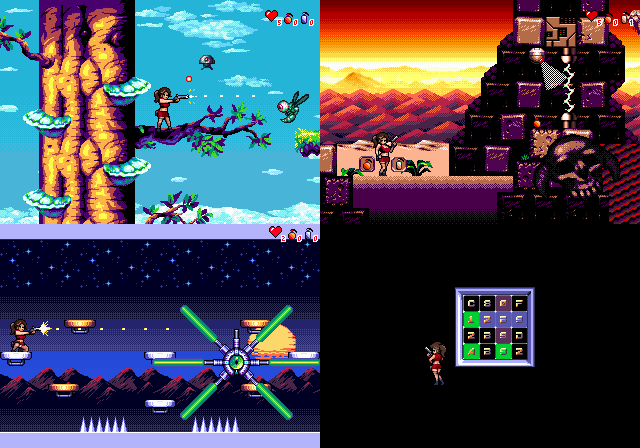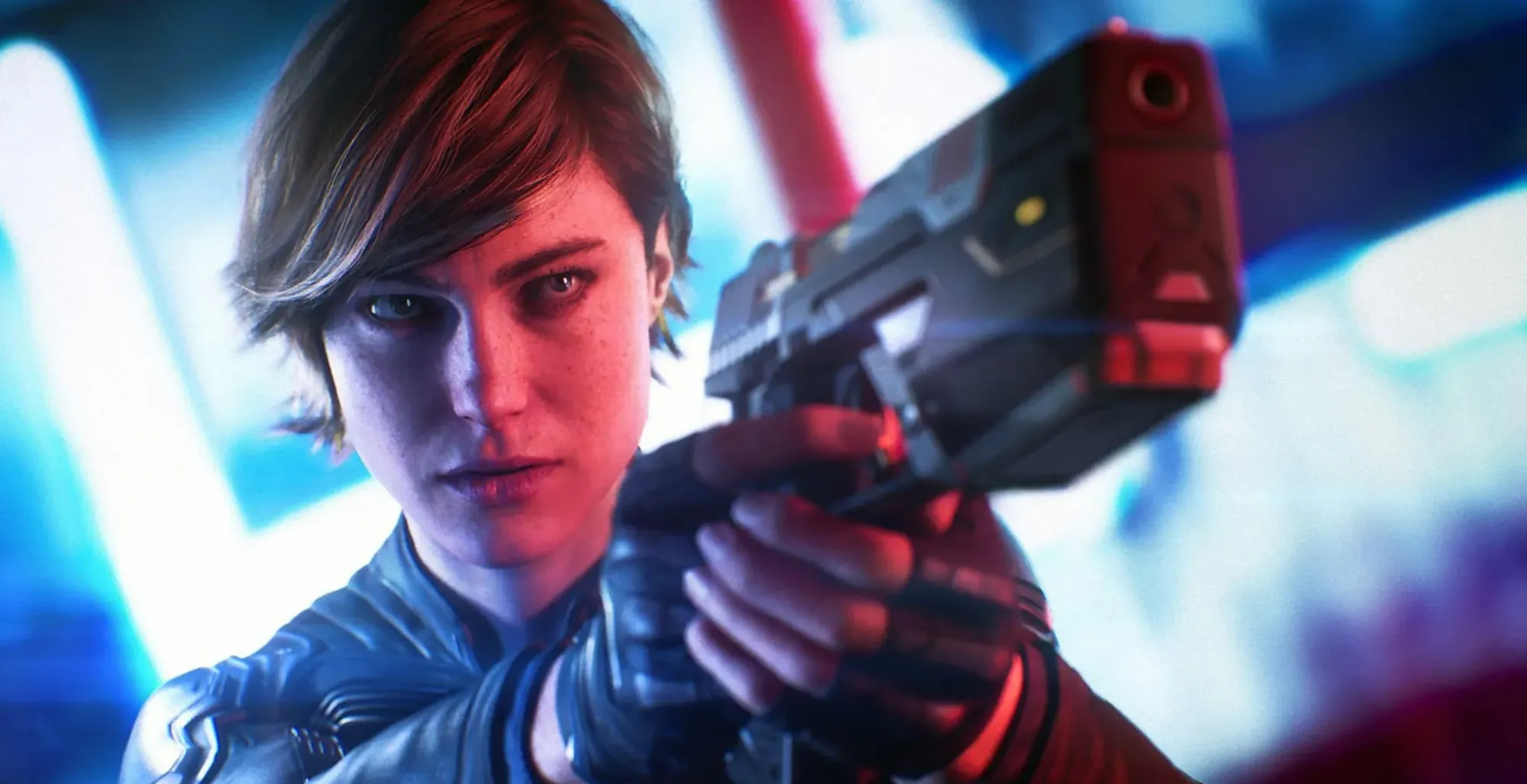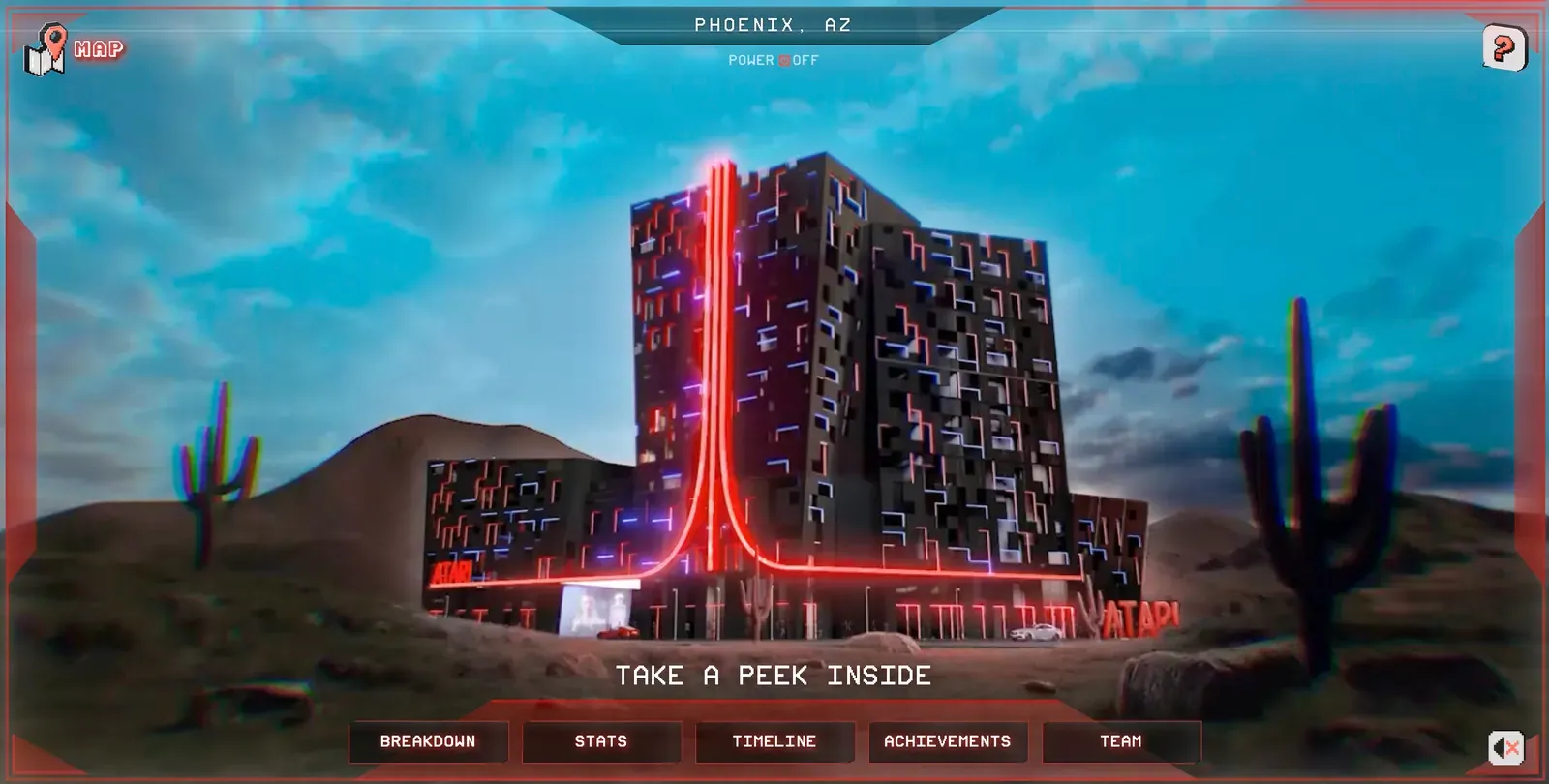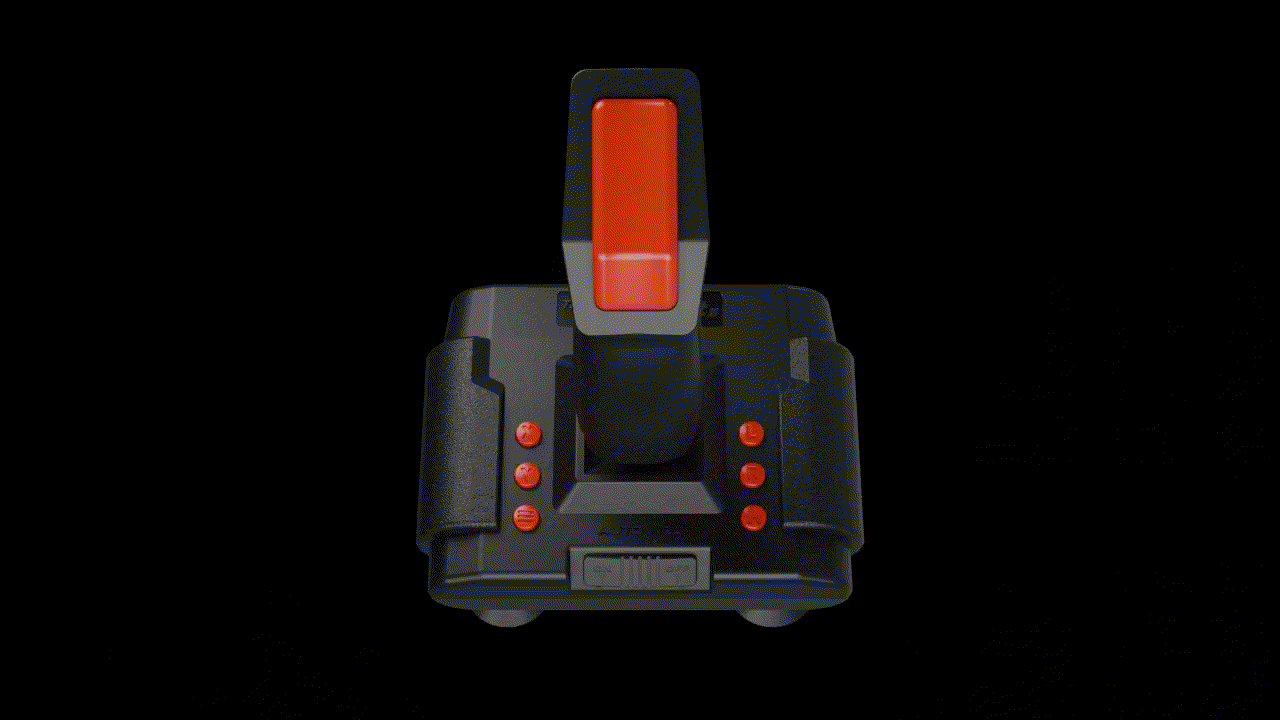PlayStation's 40-Year Journey From Near-Failure to Dominance
Shuhei Yoshida's PlayStation legacy spans nearly four decades of gaming evolution, from the console's dramatic inception to its current industry dominance.
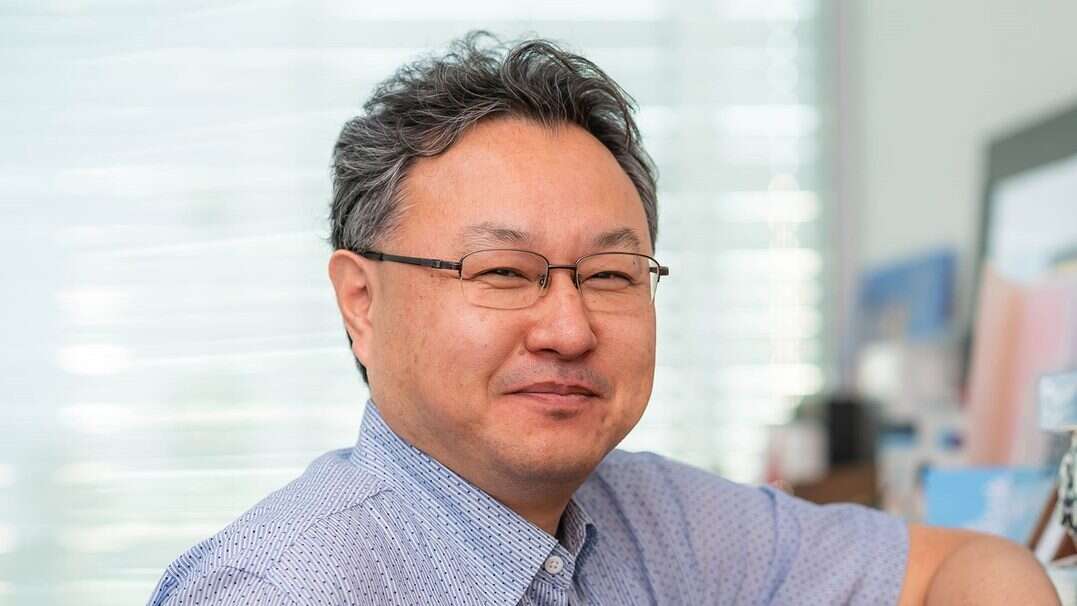
Shuhei Yoshida's PlayStation legacy spans nearly four decades of gaming evolution, from the console's dramatic inception to its current industry dominance.
The veteran executive recently shared remarkable insights about PlayStation's turbulent beginnings, third-party battles, and the secret karaoke sessions that secured Final Fantasy VII in an exclusive interview with GameSpot.

Yoshida's journey began when he joined Sony's corporate strategy group fresh from university, drawn by the company's international reach. "With Walkman, TV and video, 80% to 90% of Sony's business was done outside Japan," Yoshida recalled. "So I thought, at Sony, I might have a chance to live outside Japan." His gaming enthusiasm soon caught the attention of Ken Kutaragi's team, who were developing what would become the ill-fated Nintendo PlayStation collaboration.
The relationship between Sony and Nintendo famously collapsed at CES 1991 when Nintendo announced a partnership with Philips instead. "I think it was vaporware," Yoshida reflected on Nintendo's Phillips CD-ROM console that never materialised. "I think [Nintendo] just made the announcement to get out of the contract with Sony." This betrayal ultimately forced Sony's hand—either abandon gaming or create their own console.
Kutaragi leveraged management's anger to secure investment for a far more powerful system than originally planned. "It ended up being a much higher performance system than the original Nintendo PlayStation, which was based on Super NES tech," Yoshida revealed. In February 1993, his gaming passion paid off when he joined PlayStation's third-party licensing team, where he approached publishers like a record label seeking new artists.
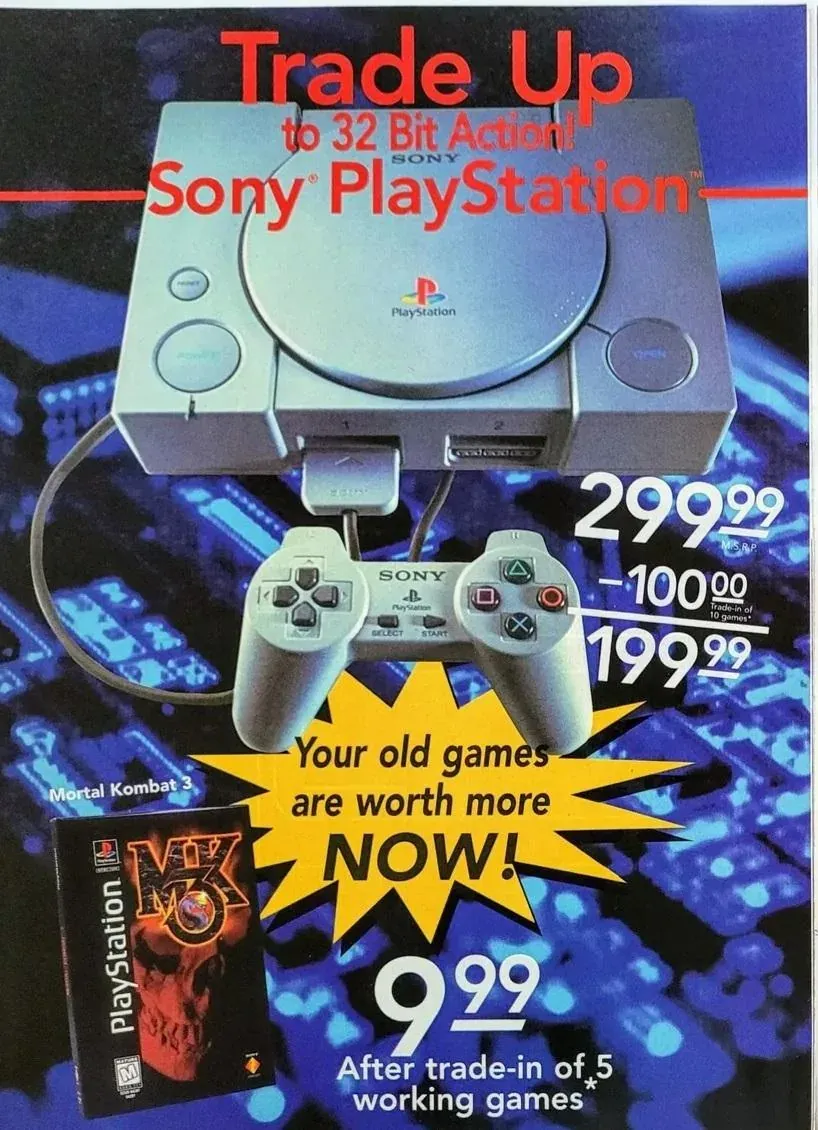
Initially, developers remained sceptical about 3D gaming's potential. However, Sega's Virtua Fighter arcade release proved transformative. "As soon as that announcement happened, I got lots of phone calls from companies who were very interested to work with PlayStation," Yoshida remembered. Bandai Namco became Sony's "biggest ally," providing crucial launch titles Ridge Racer and Tekken.
The battle for Squaresoft's allegiance became particularly intense. Final Fantasy creator Sakaguchi-san felt constrained by Nintendo 64's cartridge limitations. "The cartridge has such a small memory that they didn't allow him to realize his vision," Yoshida explained. Sony's secret weapon? "My boss was a really amazing schmoozer," Yoshida smiled. "He hung out with another vice president of Square... I was taken with them to have dinner or do karaoke so many times."

PlayStation launched in Japan in December 1994, shifting 300,000 units in its first year before conquering Western markets. Yoshida attributes part of this success to Sony Music's philosophy of treating developers as artists. "PlayStation said, 'Let's get the magazine to interview creators, let's make them stars!'" This approach contrasted sharply with companies that hid developers' identities for fear of poaching.
Yoshida later headed first-party development, producing classics like Ape Escape while moving the ambitious Ico from PS1 to PS2 after technical limitations emerged. "Ueda-san's ambition was too high and the game was running at 10fps," he admitted. In 2000, he realised his childhood dream by moving to America to lead Sony's US studios.
The PS3 era brought significant challenges. "The PS3 generation was hard," Yoshida recalled. "For the first couple of years it was really tough to see the same games come out on PS3 and Xbox 360, and the Xbox 360 version performing better." Sony's patience with delays ultimately paid off, allowing Naughty Dog to develop The Last of Us despite initial concerns about its mature themes.
In his final Sony years, Yoshida championed indie games and VR development. "I was a huge proponent of indie games," he said. "Every time I went to a games show... I went to the indie area." His VR advocacy began after trying Santa Monica Studio's prototype. "They customized a God of War game on PS3 and I tried it, and I was like, 'Wow, I'm in God of War!'"
Now working as a freelance consultant, Yoshida looks back fondly on PlayStation's indie spirit. "The PS1 generation was like an indie scene," he reflected. "There were so many small teams making interesting new concepts that came out of nowhere." After 39 years shaping how we play, his playful enthusiasm continues to influence gaming's next generation.
Source: Read original article

